More call centers are working remotely during COVID-19. The crisis has put many businesses in danger due to social distancing orders and forced closures. The orders include the closure of all non-essential businesses. Essential businesses include grocery stores, hospitals, gas stations, laundries, banks, post offices, and other businesses selling essential products or services. The president and CDC’s official social distancing guidelines state that there should be no gatherings over 10 people and distance themselves at least 6 feet apart. But some businesses need to stay open during this national quarantine but may be compromising the CDC guidelines.
One line of business that is more at risk of getting the COVID-19 in a crowded work space is a call center. Many types of businesses use call centers for their day to day operations and customer service questions. These may still need to work but must practice safe social distancing. Because of this, many call centers are having their call center employees work remotely and practice safe social distancing in that manner.
You may be worried about converting your call centers to work from home. Keep reading for some helpful tips on how to combat issues call centers might face working remote during COVID-19.
Things to Consider
There are a few things to consider when transitioning to call centers remotely. Some people will be able to do this easily, and some will find it more difficult depending on the systems they use. If your call center uses the cloud, it will be much easier to shift your staff remotely. Since your system is not restricted to your computers at your office, they can be used on any other computer using a login and password. You will want to issue your employee’s headset devices and possibly laptops so they can work at home during the quarantine.
Security Concerns
Another thing you might worry about is security. Your call center should use a highly secure cloud-based system. These systems should not allow one to be able to steal or copy vital customer information on any device. Each employee should have a login with a username and password specific to that employee. Another good idea would be to issue a password change every two weeks in order to prevent security breaches while your staff works from home.
Managing Your Call Center Staff Remotely During COVID-19
You also might wonder how you will supervise and manage your employees. Normally, you can physically see your staff and see what they are doing. You can come to their desk and speak to them and generally manage what is taking place in the office. Having your call center staff work remotely makes it very difficult to talk to and observe your employees.
There are a variety of excellent tools to use and various instant messaging chats you can use through your business. A popular one is Microsoft Teams. With Teams, you can see when your employees are logged on the chat and can speak to them whenever you would like. Managers can chat and/or ask and can answer questions with their employees. You can video chat and directly call them through their own phone number line through Microsoft Teams. You can also create groups to speak with multiple employees at a time. This can help you virtually supervise and speak with your call center employees throughout the workday.
Check out these helpful tips on how your call center can stay productive when working remotely during COVID-19.
Shifting your call center staff to work from home would help keep your business running. You would continue to employ all your employees, all while practicing social distancing and staying within the CDC guidelines. Here are some examples of call centers that started working remotely because of the COVID-19 virus and social distance safely:
Louisville Call Centers Change Policies, Allow Some Remote Work





[…] Due to the COVID-19 self-quarantine, you will want to find a call center that works remotely. For tips choosing a call center that has gone remote, click here. […]